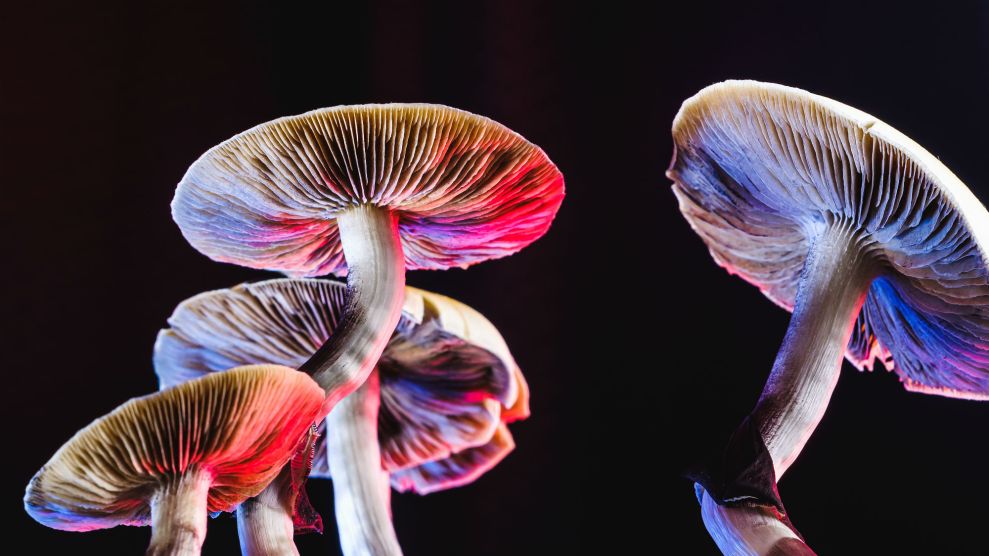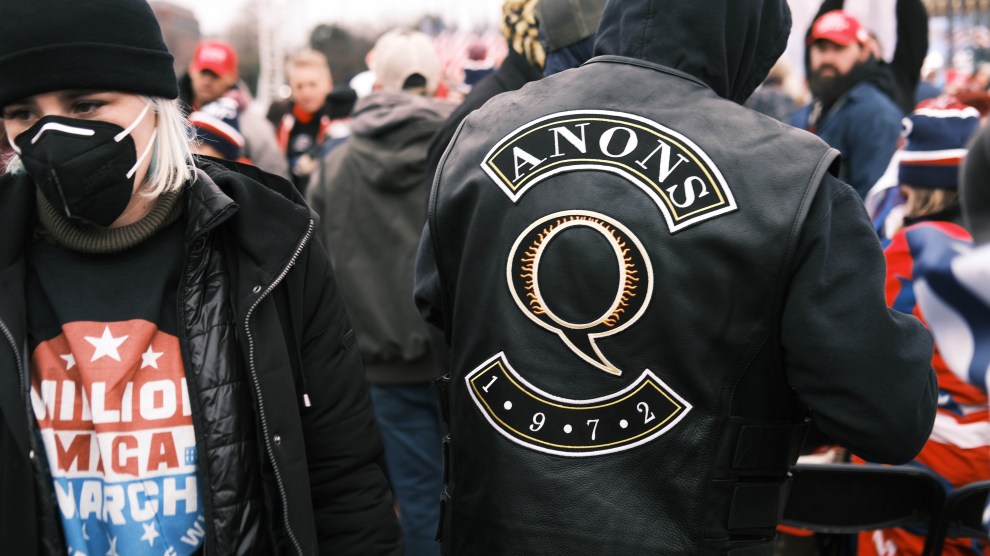
The Mexican magic mushroom is a psilocybe cubensis, whose main active elements are psilocybin and psilocin.Alexander_Volkov/Getty
On Tuesday, Oregon passed a first-of-its-kind measure to formally legalize access to hallucinogenic mushrooms. Specifically, Measure 109 directs the state to establish and regulate a program whereby adults in the state will be able to consume psilocybin, a psychoactive compound found in magic mushrooms. As I wrote earlier this week:
[W]hat sets Measure 109 apart from [decriminalization] efforts is that it offers a legal pathway, specifically to psilocybin therapy. That is, rather than blocking penalties for possessing psychedelic products, it would establish a state-regulated program for using and obtaining them. In essence, accessing psilocybin as an adult in Oregon would be about as easy as signing up for counseling.
…Although it is radical, Measure 109 isn’t totally unprecedented. Decriminalizing psychedelics, or legalizing them in certain settings, has become more of a mainstream idea since the release of [food writer Michael] Pollan’s article [“The Trip Treatment”] and his subsequent best-selling 2018 book, How to Change Your Mind, amid a recent surge in research on the possible benefits of psychedelic-assisted therapy. And, the movement follows a decades-long push to legalize marijuana, which activists say helped open the door for psychedelics. “I think cannabis really cleared the way in large part,” says David Bronner, the Cosmic Engagement Officer (aka CEO) of Dr. Bronner’s Magic Soaps, which has been a major supporter of Measure 109, as well as cannabis policy reform.
It was a big night for drug policy reform. In Oregon, voters also passed Measure 110, which decriminalizes several drugs, including psilocybin, as well as cocaine, heroin, methamphetamine. It also funds drug addiction treatment. Voters in DC also seemed poised to overwhelmingly pass a measure to decriminalize magic mushrooms and other psychedelic plants. And so far tonight, New Jersey and Arizona passed measures to legalize recreational cannabis.
Read more about Oregon’s psilocybin program initiative, and Dr. Bronner’s Soaps role in getting it passed.















